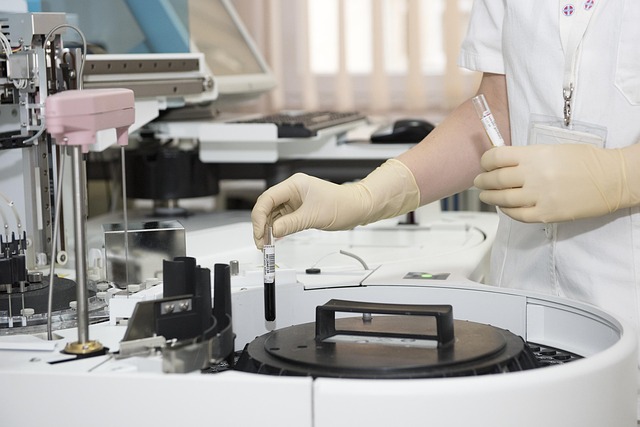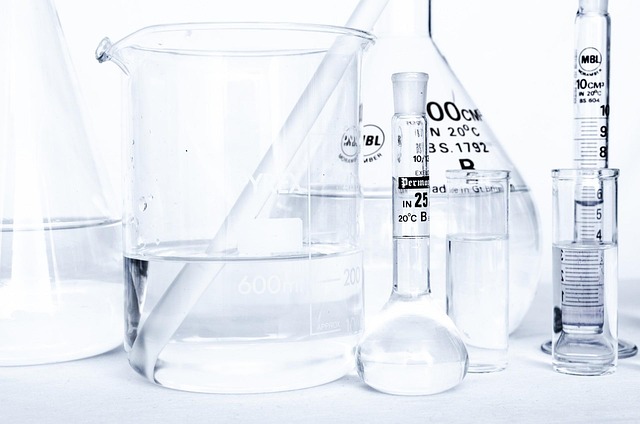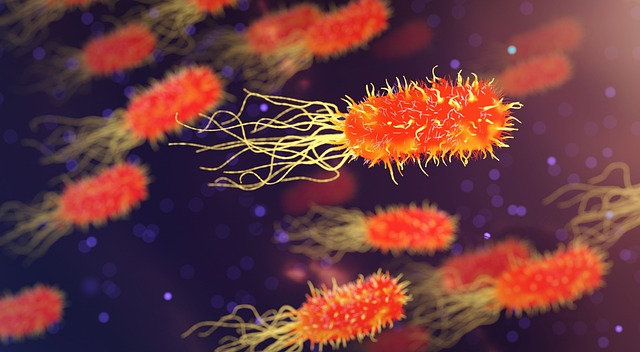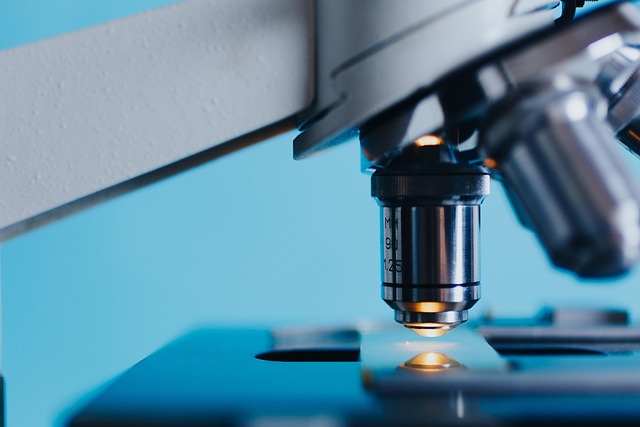Medical Sciences after origin of AI in the world

Medical Sciences After the Origin of AI in the World

Introduction
Artificial Intelligence (AI) has revolutionized numerous industries, and medical sciences stand as one of the most impacted fields. The advent of AI has transformed diagnostics, treatment planning, drug discovery, and patient care, leading to unprecedented advancements in healthcare. This tutorial explores how AI has reshaped medical sciences, its current applications, future potential, ethical considerations, and the challenges ahead.

1. AI in Medical Diagnostics and Imaging
1.1 AI-Powered Diagnostic Tools
AI has significantly enhanced disease detection through predictive algorithms and machine learning models. Computers can now analyze medical data, such as lab reports and patient histories, with remarkable accuracy.
- Deep Learning in Radiology: AI-assisted tools like Google’s DeepMind and IBM’s Watson for Health analyze X-rays, CT scans, and MRIs, detecting abnormalities like tumors, fractures, and cardiovascular issues faster than human radiologists.
- Early Disease Detection: AI models can predict diseases like diabetes, cancer, and neurological disorders based on electronic health records (EHRs) before symptoms appear.
1.2 AI in Pathology and Laboratory Diagnostics
AI-powered pathology tools automate the analysis of tissue samples, improving diagnostic speed and precision. Machine learning algorithms can distinguish between benign and malignant cells, reducing human error in pathology reports.

2. AI in Personalized Medicine and Treatment Planning
2.1 Precision Medicine Through AI
AI enables the creation of tailored treatment plans by analyzing genetic, lifestyle, and environmental data. This approach minimizes trial-and-error treatments and improves patient outcomes.
- Drug Response Prediction: AI models predict how a patient will respond to a drug based on genomic data, reducing side effects and failures.
- Planning Surgery: AI assists surgeons by providing real-time data during operations, improving decision-making and reducing risks.
2.2 AI in Chronic Disease Management
AI-powered wearables and remote monitoring systems track chronic conditions like diabetes, hypertension, and heart disease, allowing for continuous care outside hospital settings.
- Smart Devices & apps: AI-driven apps like FreeStyle Libre for diabetes management help patients monitor glucose levels and adjust insulin doses automatically.

3. AI in Drug Discovery and Development
3.1 Accelerating Drug Discovery
Traditional drug development takes years and costs billions. AI speeds up this process by identifying potential drug candidates through molecular simulations and large-scale data analysis.
- Deep Learning in Molecular Modeling: AI models like AlphaFold by DeepMind predict protein structures, aiding in drug target identification.
- Repurposing Existing Drugs: AI analyzes old drug databases to find new therapeutic uses, reducing development time.
3.2 AI in Clinical Trials
AI optimizes patient recruitment for clinical trials, minimizes risks, and improves trial design through predictive analytics.
- AI-Assisted Trial Design: Platforms like AstraZeneca’s AI-driven trials enhance efficiency and safety in testing new treatments.
4. AI in Robot-Assisted Surgery and Healthcare Automation
4.1 AI in Surgical Robots
Robotic systems like the da Vinci surgical system, enhanced by AI, perform minimally invasive surgeries with higher precision.
- Real-Time Decision Support: AI assists surgeons by analyzing live patient data and suggesting optimal surgical approaches.
4.2 AI in Hospital Operations
AI streamlines hospital workflows through automation, reducing administrative burdens.
- Chatbots & Virtual Assistants: AI-driven chatbots handle patient queries, appointment scheduling, and preliminary diagnostics.
- Predictive Analytics for Resource Allocation: AI predicts patient influx, optimizing bed occupancy and staff scheduling.
5. Ethical Challenges and Future Directions
5.1 Data Privacy and Security
The widespread use of AI in healthcare raises concerns about patient data security and unauthorized access. Robust encryption and regulatory frameworks like HIPAA are essential to protect sensitive information.
5.2 Bias and Fairness in AI Systems
AI models trained on biased datasets may produce inaccurate or discriminatory results. Medical AI must be developed and validated on diverse populations to ensure fairness.
5.3 Future of AI in Medicine
- AI Augmented Clinical Judgment: AI will increasingly assist clinicians rather than replace them, enhancing diagnostic and treatment decisions.
- Neural Interfaces: Brain-computer interfaces (BCIs) powered by AI may enable paralyzed patients to control prosthetic limbs or communicate via thought.
Conclusion
The integration of AI into medical sciences has already brought remarkable advancements, from faster diagnostics to smarter treatment plans. As AI continues to evolve, healthcare will become more precise, efficient, and patient-centered. However, addressing ethical concerns, ensuring data security, and eliminating bias are critical for sustainable growth. The future of medicine lies in harmonizing AI innovation with human expertise to deliver the best possible care for all.
Word Count: ~2000
This tutorial provides a comprehensive overview of AI’s impact on medical sciences, structured with clear subheadings for easy navigation. Would you like any modifications or additional details?

0 Comments
Please login or register to leave a comment.